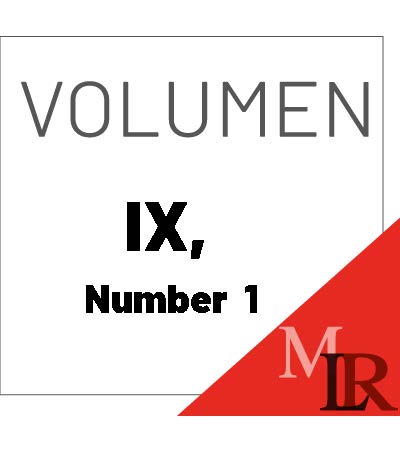Challenging the Centralist Doctrine in Mexican Family Law: An Analysis of the Evolution of State Authority Over Civil Law Matters and Its Impact on the Regulation of Cohabitation and Divorce
Main Article Content
Abstract
This article addresses the need for debate about the concepts of federalism, centralization, decentralization and sovereignty within the context of Mexican comparative and family law. Until recently, private law and family law scholars have generally dismissed the issue of federalism within Mexico, largely because of the belief that Mexico is not “really” federalist given its strong tendency toward political and legal centralism. Despite this preconception —and the fact that Mexico does have a highly centralized federal system— a deeper analysis shows that states and sub-national jurisdictions have played a critical role in shaping the contours of family law and influencing the state-federal relationship. This article argues that the centralist doctrine that so permeates scholarly works on private law in Mexico —if not addressed and revised both for the past and present— risks undermining attempts at understanding legal change and improving Mexican family law.
Article Details

Este obra está bajo una licencia de Creative Commons Reconocimiento-NoComercial-SinObraDerivada 4.0 Internacional.




















